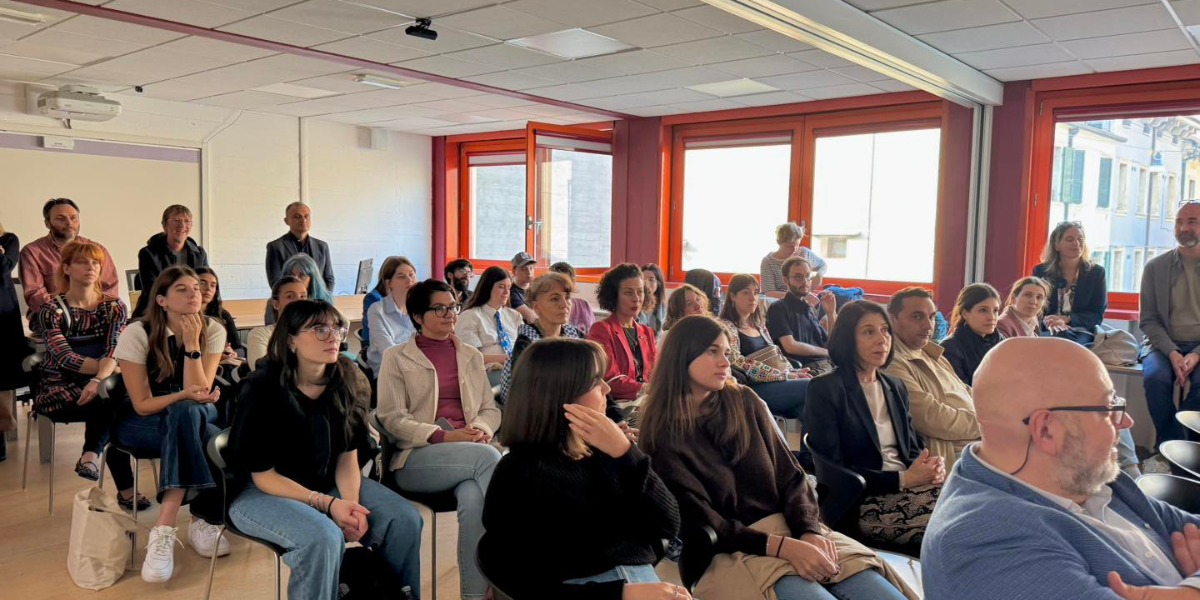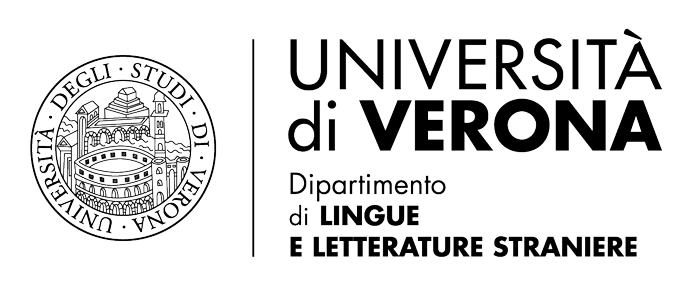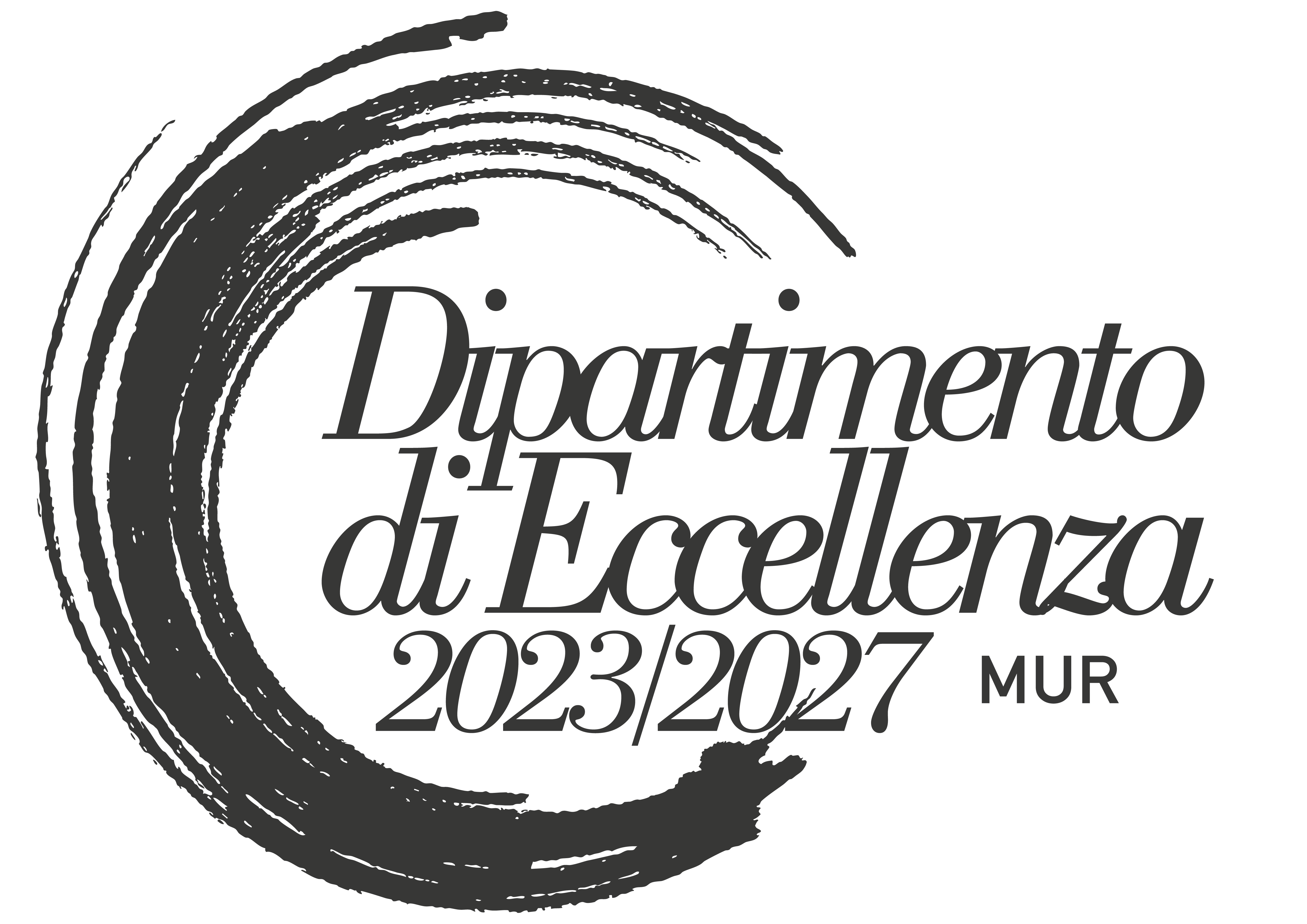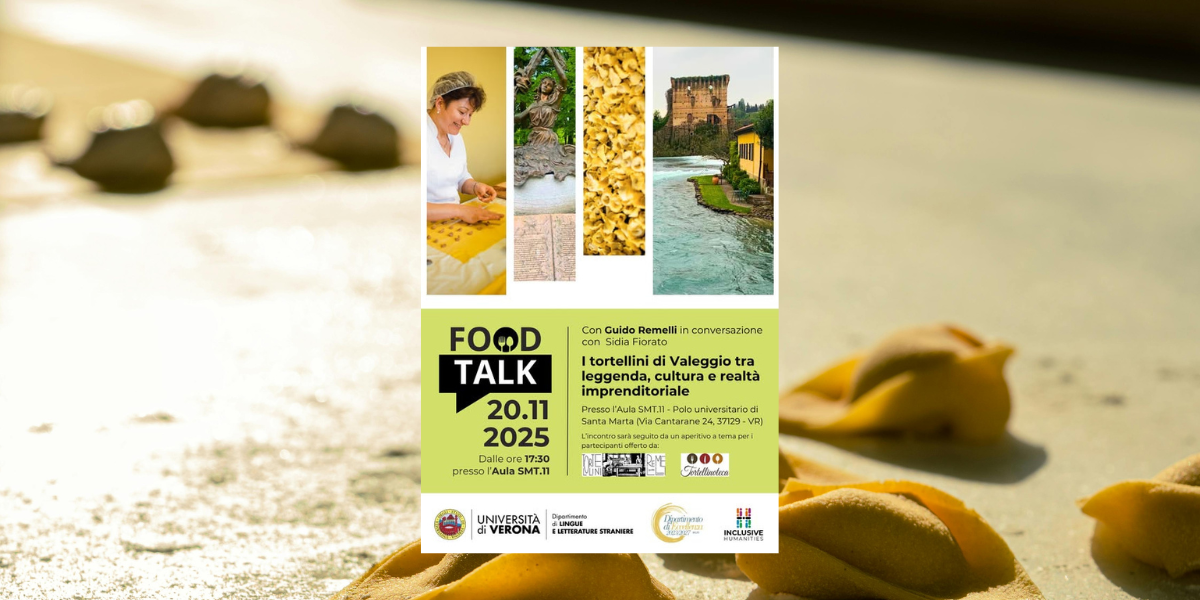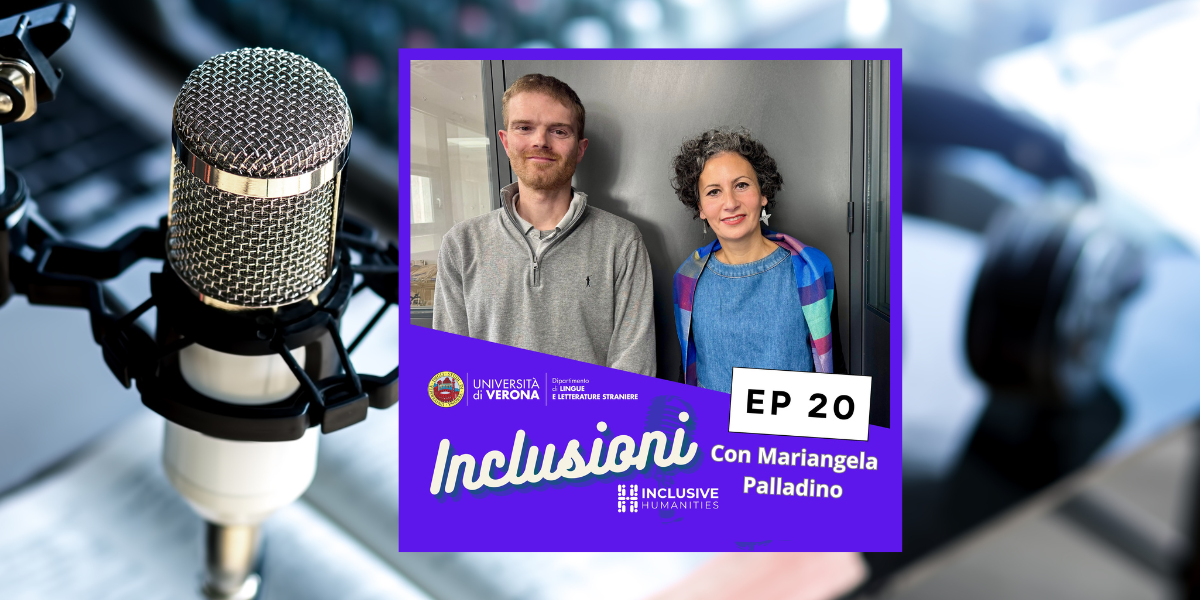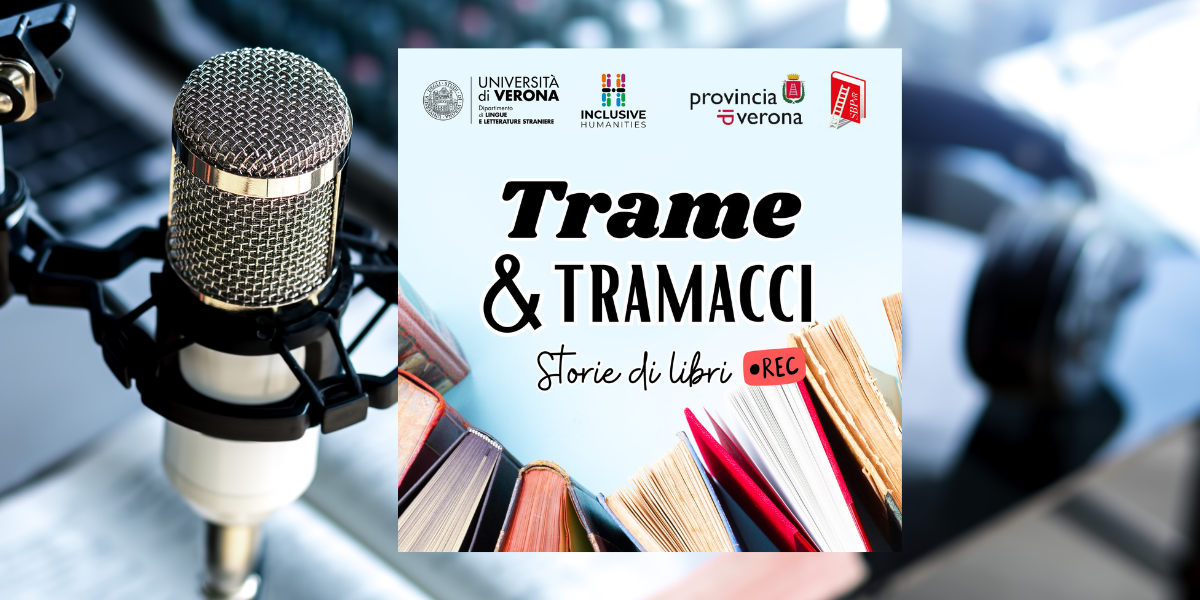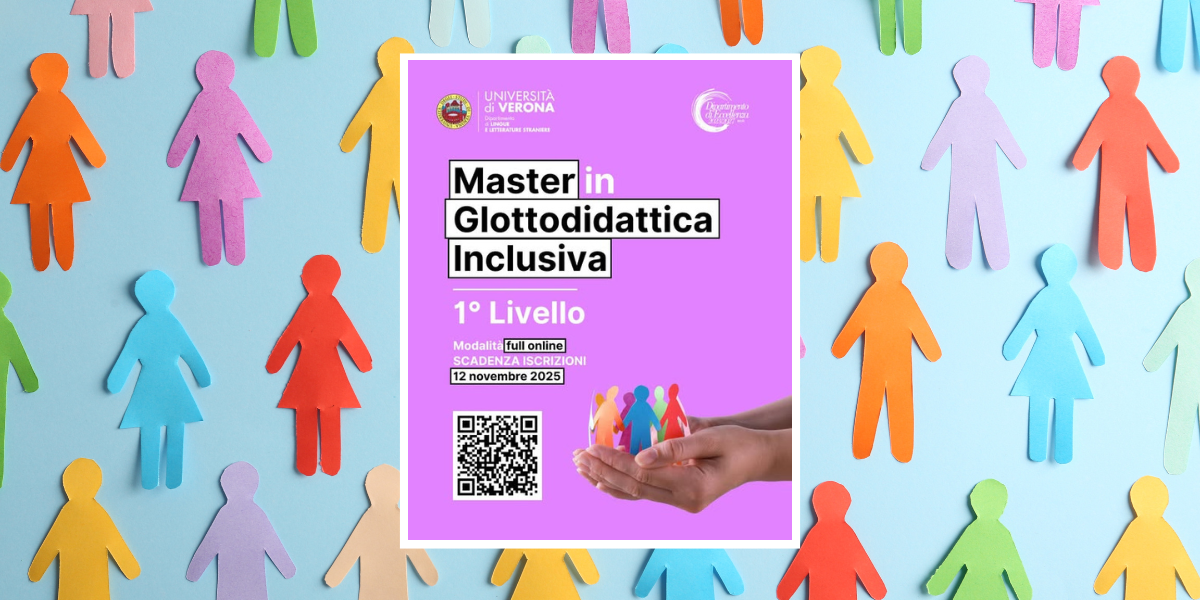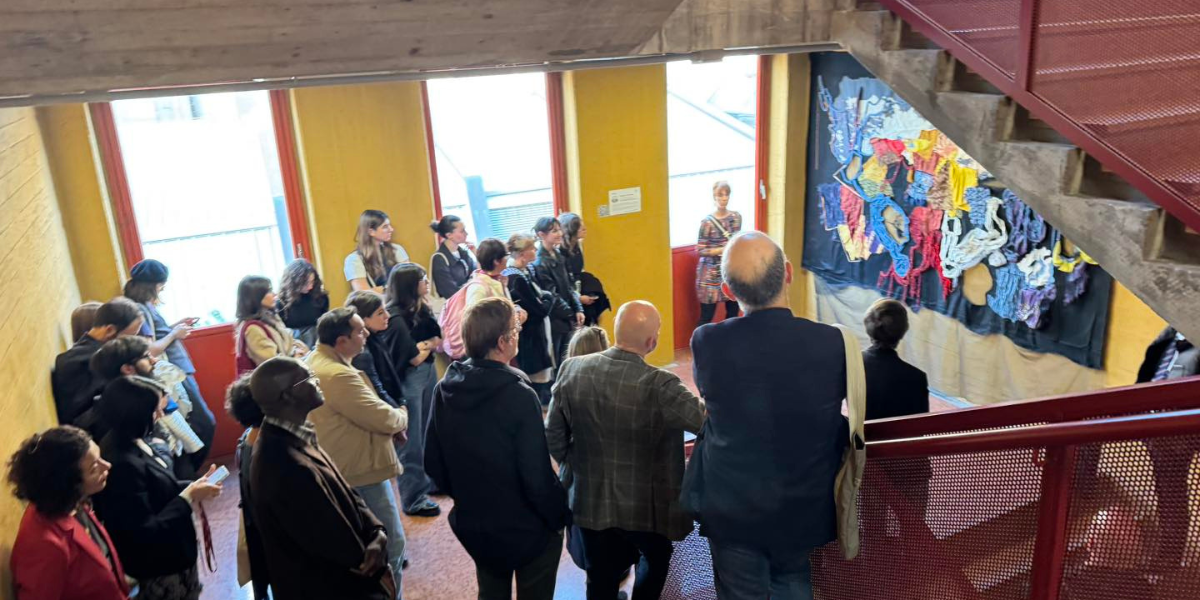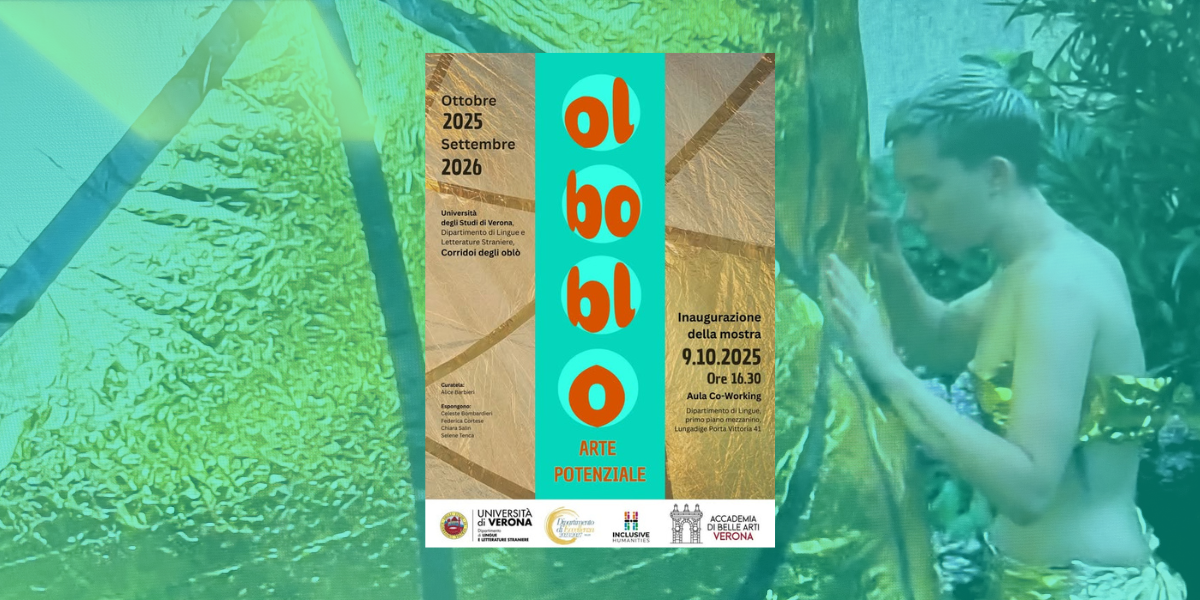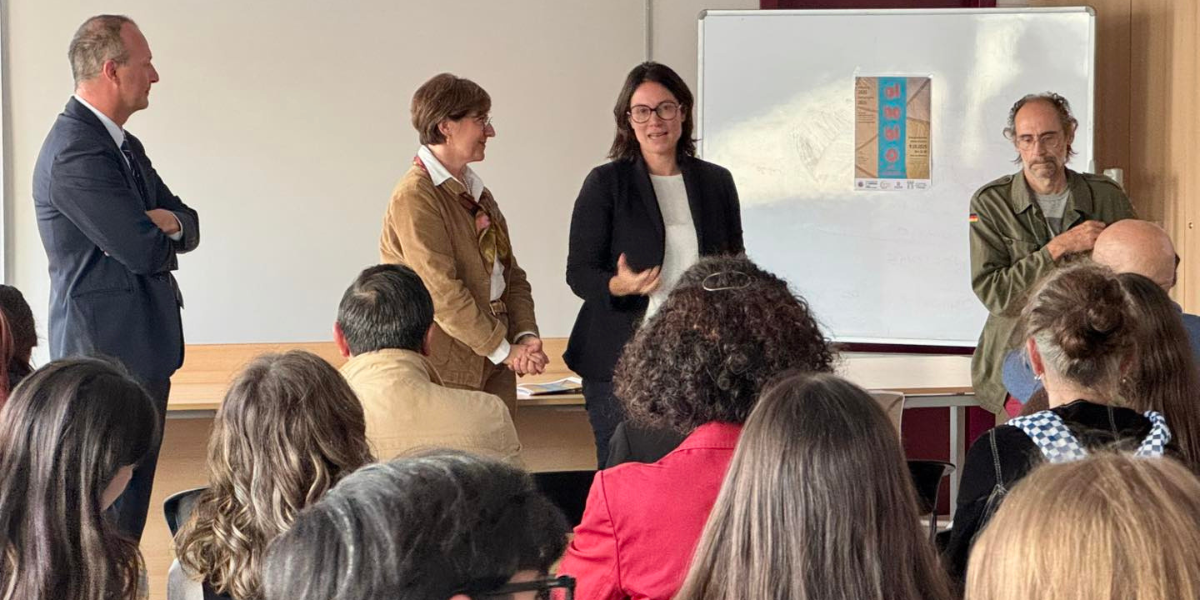
Una grande sinergia tra istituzioni all’inaugurazione della seconda edizione della mostra OLBOBLO – Arte potenziale. Giovedì 9 ottobre la nostra aula Co-working ha accolto un folto pubblico per l’apertura dell’esposizione, frutto della proficua collaborazione con l’Accademia di Belle Arti di Verona e parte integrante del Progetto di Eccellenza “Inclusive Humanities” del nostro dipartimento. Presenti in sala Massimo Salgaro, Referente scientifico di Inclusive Humanities, Roberta Facchinetti, Direttrice del nostro dipartimento, e Francesco Ronzon, Direttore dell’Accademia di Belle Arti di Verona, con i Prof. Daniela Rosi e Diego Arich. Ospiti d’eccezione dal Comune di Verona l’assessora Elisa La Paglia, assessora alle Politiche educative e scolastiche, Biblioteche, Edilizia scolastica, Salute e servizi di prossimità, e Francesco Fasoli, con compiti di collaborazione a supporto dell’attività del Sindaco nell’ambito delle relazioni internazionali e cooperazione allo sviluppo. Ha chiuso la presentazione la Curatrice della mostra di quest’anno, Alice Barbieri, studentessa del Corso di 2° livello in Mediazione culturale dell’arte dell’Accademia.
Lungo i corridoi del Dipartimento, tra le ormai iconiche finestre arancioni a forma di oblò, è stato poi possibile ammirare i lavori di Celeste Bombardieri, Federica Cortese, Chiara Salin e Selene Tenca, quattro talentuose giovani artiste – allieve ed ex allieve dell’Accademia. Le loro creazioni spaziano da installazioni video a incisioni, da illustrazioni per un testo teatrale a sculture in vetro, offrendo spunti profondi sui temi dell’inclusione, della disabilità, dell’ecologia e della sostenibilità.
L’inaugurazione si è conclusa con un piacevole momento conviviale, un’ottima occasione per scambiare impressioni e approfondire i contenuti della mostra.
